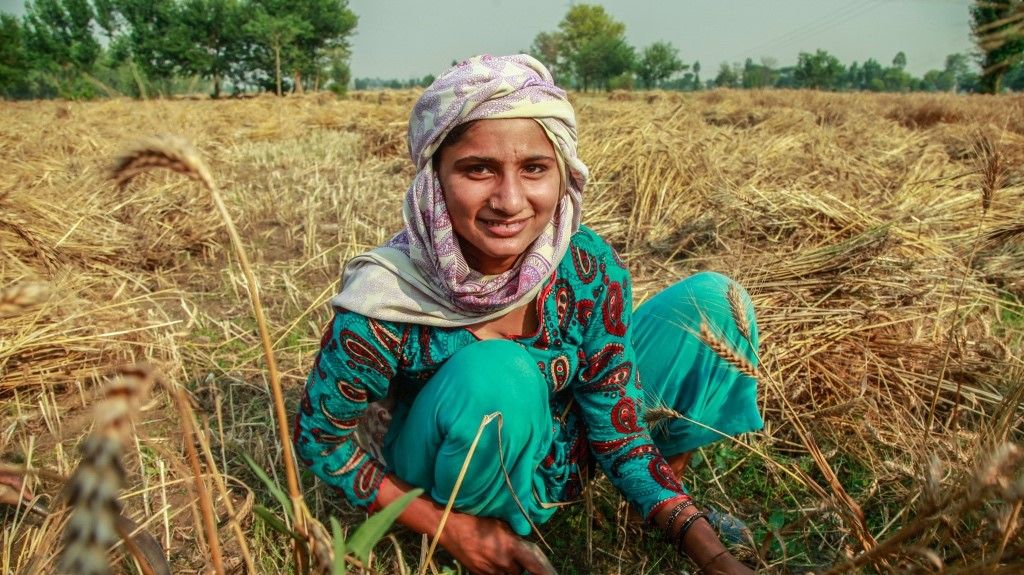 Countries can produce more food with less inputs by giving women equal access to resources, education, and markets.
Countries can produce more food with less inputs by giving women equal access to resources, education, and markets.
-
Asia and the Pacific is the world’s largest food market. By 2030 it will likely account for half the global increase in annual beef and poultry consumption.
Source: Asia’s Future Farms -
Globally, 815 million people went to bed unfed or half-fed in 2016, compared to 777 million the year before. If unchecked, this trend could cause a mass exodus of rural populations to urban areas.
Source: The State of Food Security and Nutrition in the World 2017 -
By 2030, there could be up to 26,000 child deaths annually in developing Asia due to undernutrition related to climate change.
Source: Climate Change Impacts on Human Systems in Asia and the Pacific -
In Central Asia, climate threats to food security could reduce livelihood options in agriculture, potentially triggering migration movements within the region or further abroad.
Source: A Region at Risk: The Human Dimensions of Climate Change in Asia and the Pacific -
Across developing Asia, water stress from reduced rainfall, salinity, glacial retreat, and desertification are expected to hit water stocks, drastically increasing food and water prices by 2060.
Source: The Next Migrant Wave -
Rice yields in the Philippines, Thailand, and Viet Nam could decline by as much as 50% by the end of this century without efforts to combat climate change.
Source: Climate Change Impacts on Human Systems in Asia and the Pacific -
Labor is becoming scarce on developing Asia’s farms. India’s agricultural workforce fell from 259 million in 2004-2005 to 228 million in 2011–2012.
Source: Safe, Nutritious, and Affordable Food for All: ADB Food Security Forum 2016 Discussions and Recommendations -
In the Mekong Delta, a major rice planting area, floods exceeding the normal depth of between 0.5 meters and 4 meters are becoming more frequent—increasing the risk of food insecurity.
Source: A Region at Risk: The Human Dimensions of Climate Change in Asia and the Pacific -
Developing Asia needs to improve irrigation to feed its rapidly growing population. Upgraded irrigation systems must yield more crop per drop.
Source: Financing Asian Irrigation: Choices Before Us -
Countries can produce more food with less inputs by giving women equal access to resources, education, and markets.
Source: Women farmers can make Asia more food-secure -
Modern agricultural cooperatives can increase food supply and boost farmer incomes, while helping them adapt to the impacts of climate change.
Source: Asia’s Future Farms -
Land tenure rights and migration policies need re-examining across the region, to organize small-scale farmers so they can produce more food with less.
Source: Food Security in Asia and the Pacific